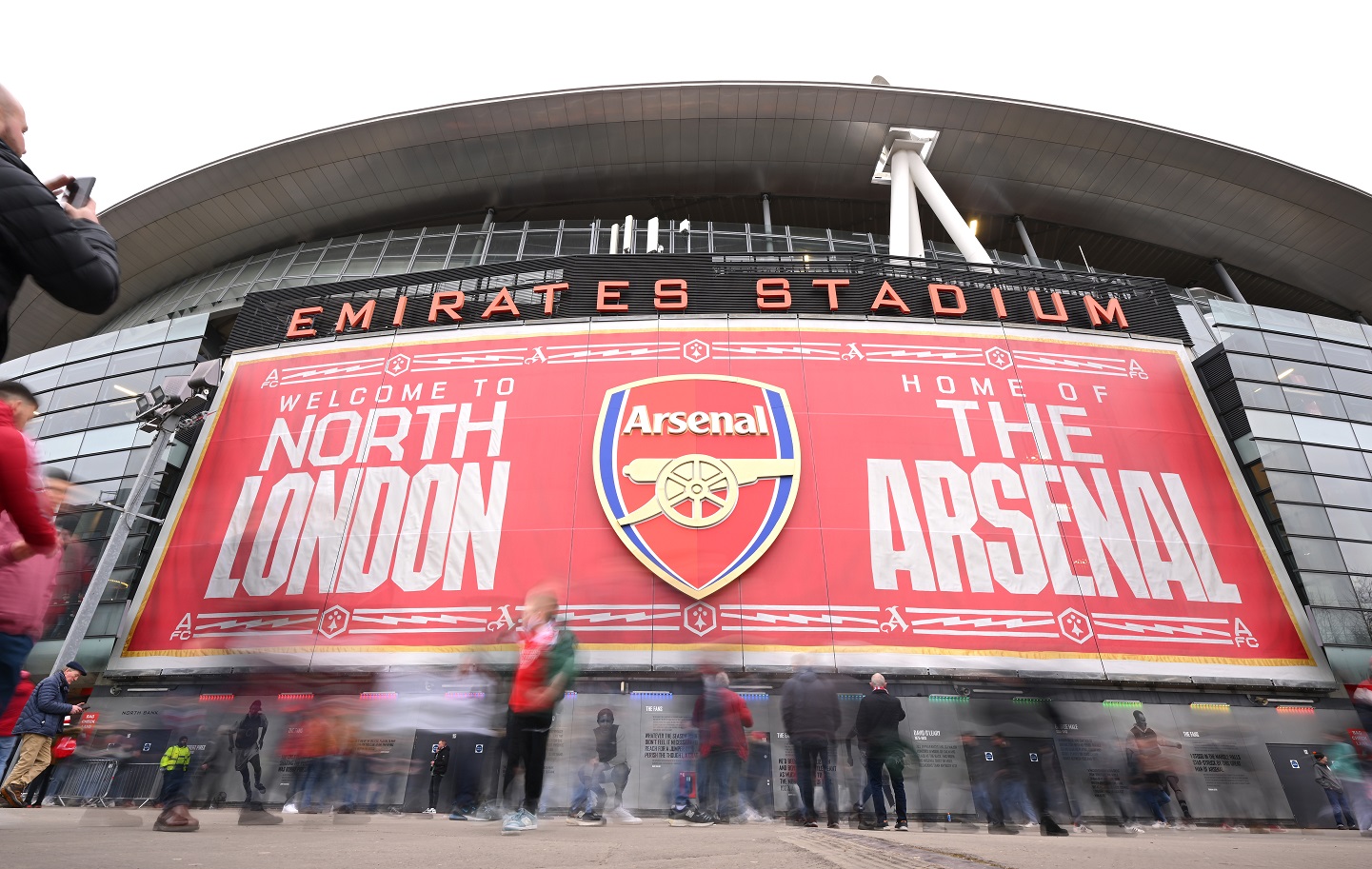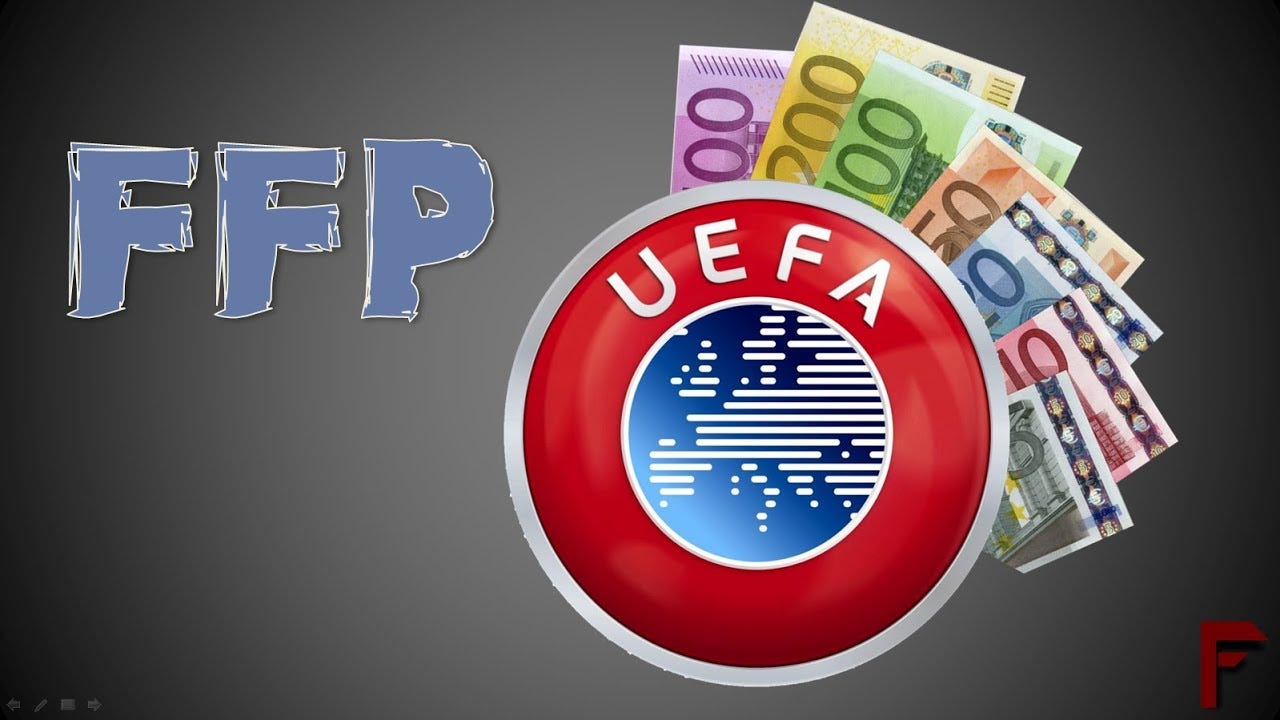Financial Fair Play (FFP) regulations were introduced by UEFA in 2009 to prevent football clubs from spending more than they earn. The aim was to create a level playing field and ensure the financial stability of clubs. However, there has been significant debate and controversy surrounding FFP, with some arguing that it actually protects the “big clubs” and stifles competition. In this article, we will explore the key aspects of FFP and analyze how it impacts the football landscape.
Understanding FFP
FFP regulations came into effect from the 2011-12 football season and have since been implemented by UEFA. These regulations govern the financial operations of clubs and set limits on their spending. The primary objective of FFP is to encourage clubs to operate within their means and prevent excessive spending.
Incomings and Outgoings
Under FFP, clubs are required to carefully track their incomings and outgoings. The income of a club includes gate receipts, advertising revenue, sales of players, prize money, TV revenue, and other sources. On the other hand, outgoings encompass transfers, financial costs, amortization of transfers, finance costs, and dividends.
It is important to note that money spent on youth development, training facilities, and infrastructure is not included in the calculation of outgoings. This allows clubs to invest in long-term growth without being penalized by FFP.

Penalties for Non-Compliance
Clubs that fail to comply with FFP face various penalties. These can range from fines and warnings to withholding prize money, transfer bans, and even disqualification from competitions. The severity of the penalty depends on the extent of the non-compliance.
The Protection of “Big Clubs”
One of the major criticisms of FFP is that it actually protects the “big clubs” and further solidifies their dominance. It is argued that FFP regulations favor clubs that generate significant revenue and profits, allowing them to spend more on transfers and player wages.
Solidifying the Status Quo
The financial power of big clubs enables them to maintain their competitive edge and attract the best players. The revenue generated from sources such as merchandise sales, sponsorships, and broadcasting rights gives these clubs a significant advantage in the transfer market. As a result, the gap between the big clubs and smaller clubs widens, making it difficult for the latter to compete on a level playing field.
Justification for Excessive Spending
Critics of FFP argue that big clubs can justify their excessive spending based on their ambitions to participate in high-reward competitions like the UEFA Champions League. These competitions offer substantial prize money, lucrative television rights deals, and valuable sponsorships. Therefore, clubs like Manchester City, which recorded a loss of £194 million in the 2010-11 season, can argue that their spending was necessary to achieve their goals and secure financial rewards.

Impact on Competition
The implementation of FFP has had a significant impact on the competitive landscape of football, particularly in domestic leagues. The Premier League, for example, has witnessed a period of dominance by a few clubs, namely Arsenal, Chelsea, Manchester United, and more recently, Manchester City. Critics argue that FFP has contributed to the consolidation of power among these clubs, making it difficult for others to break into the elite group.
Stifling Competition
The argument against FFP is that it stifles competition by limiting the ability of smaller clubs to invest in their squads and challenge the established order. By imposing restrictions on spending, FFP prevents clubs from making significant investments that could potentially bridge the gap between themselves and the big clubs.
Negative Impact on Smaller Clubs
Smaller clubs often rely on external investment, sponsorship deals, or player sales to generate revenue. FFP regulations can hinder their ability to attract investment and make necessary improvements to their squads. This further widens the financial disparity between big and small clubs, making it increasingly difficult for smaller clubs to compete at the highest level.
Inequality in Resources
FFP has been criticized for perpetuating the inequality in resources among clubs. The big clubs, with their vast resources and global fanbases, have a clear advantage over smaller clubs with limited financial capabilities. This imbalance in resources makes it challenging for smaller clubs to achieve sustained success and compete on an equal footing.
The Future of FFP

The debate surrounding FFP continues, with proponents arguing that it is necessary to ensure the sustainability and integrity of the game, while critics call for a more flexible and inclusive approach. UEFA has made some adjustments to the regulations over the years, but the fundamental principles remain intact.
Calls for Reform
Many have called for reforms to FFP to address its perceived shortcomings. Suggestions include introducing a more nuanced approach that considers a club’s individual circumstances, allowing for greater investment in infrastructure and youth development, and creating a more level playing field for all clubs.
Striking a Balance
Finding a balance between financial stability and competition is a complex task. FFP aims to prevent clubs from overspending and protect the long-term interests of the game. However, it is crucial to ensure that the regulations do not inadvertently stifle competition and limit the growth of smaller clubs.
Conclusion
Financial Fair Play regulations were introduced to prevent football clubs from spending beyond their means and ensure the long-term sustainability of the game. However, there are valid concerns that FFP actually protects the “big clubs” and hinders competition. The regulations, while aiming to create a level playing field, may inadvertently contribute to the consolidation of power among a few elite clubs. As the debate continues, it is essential to strike a balance between financial stability and promoting fair competition for the future of football.
